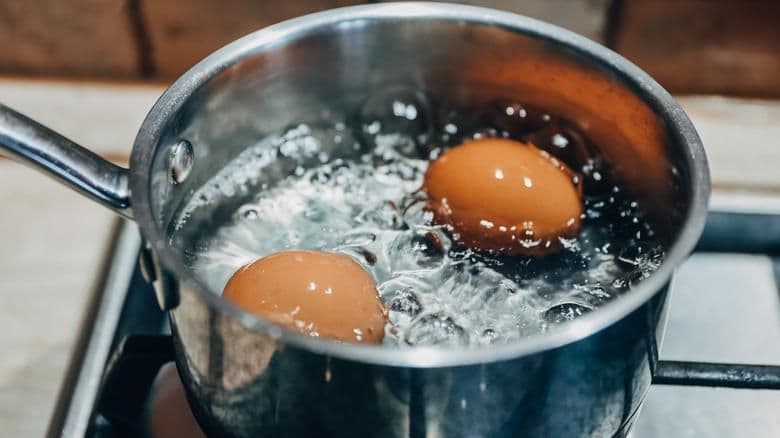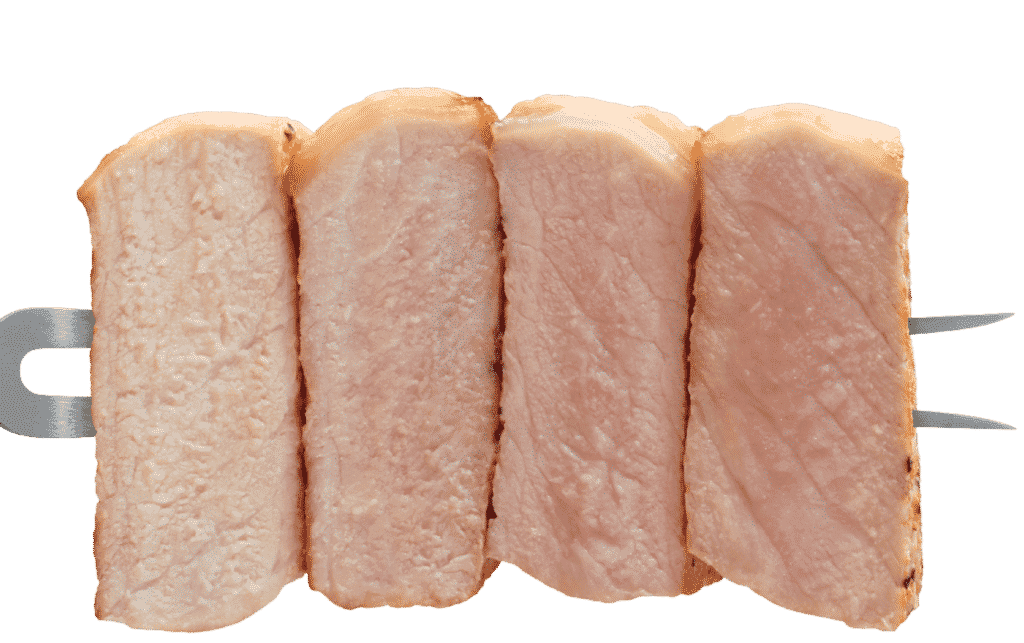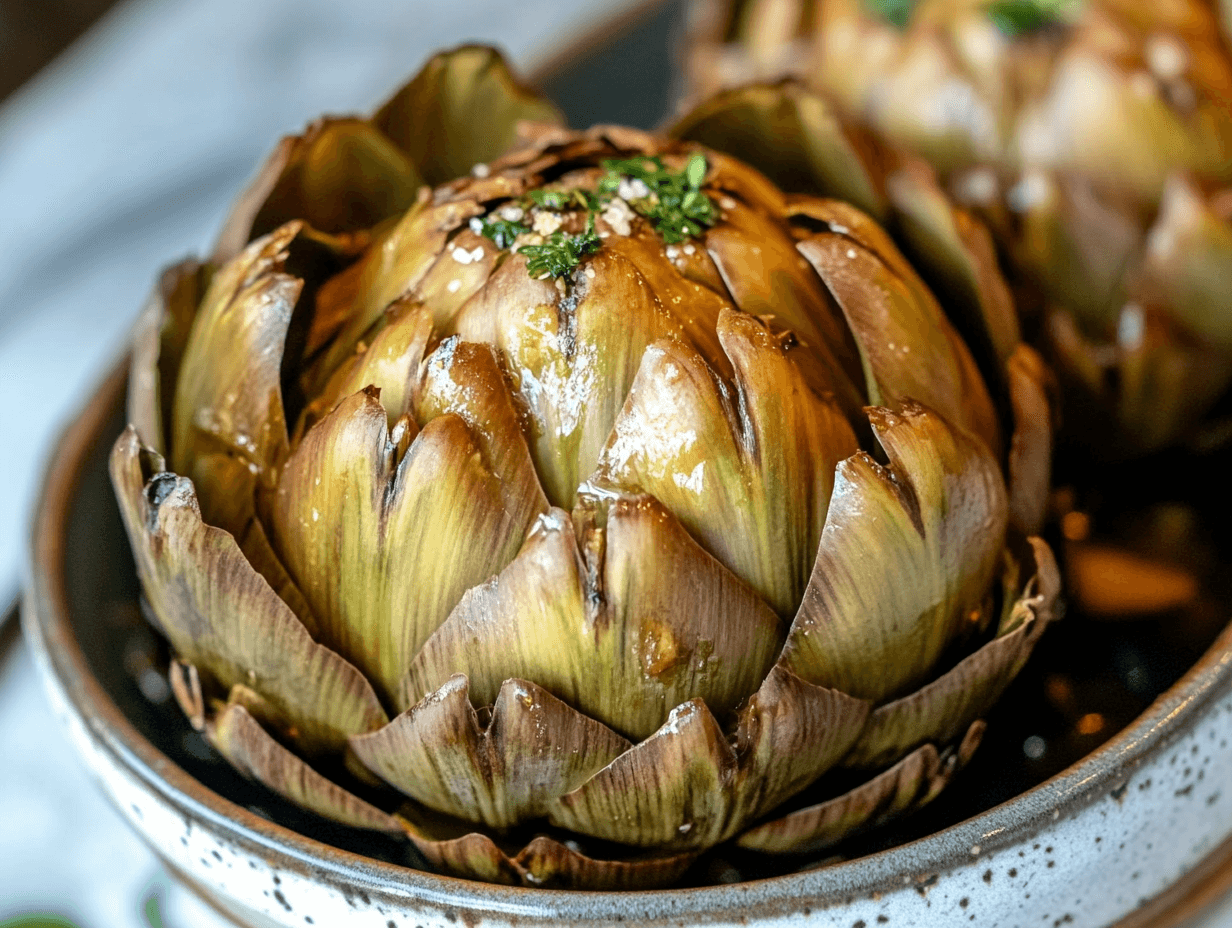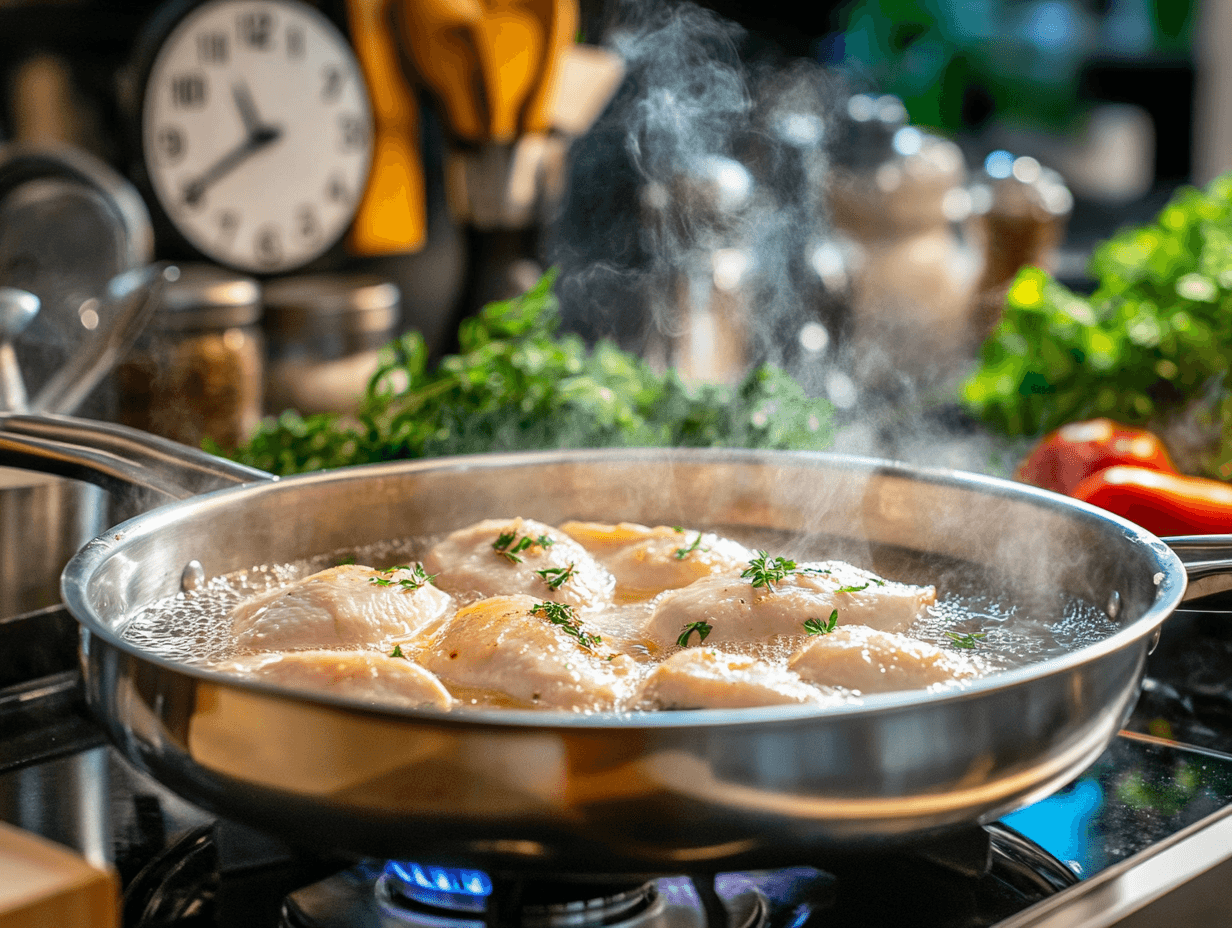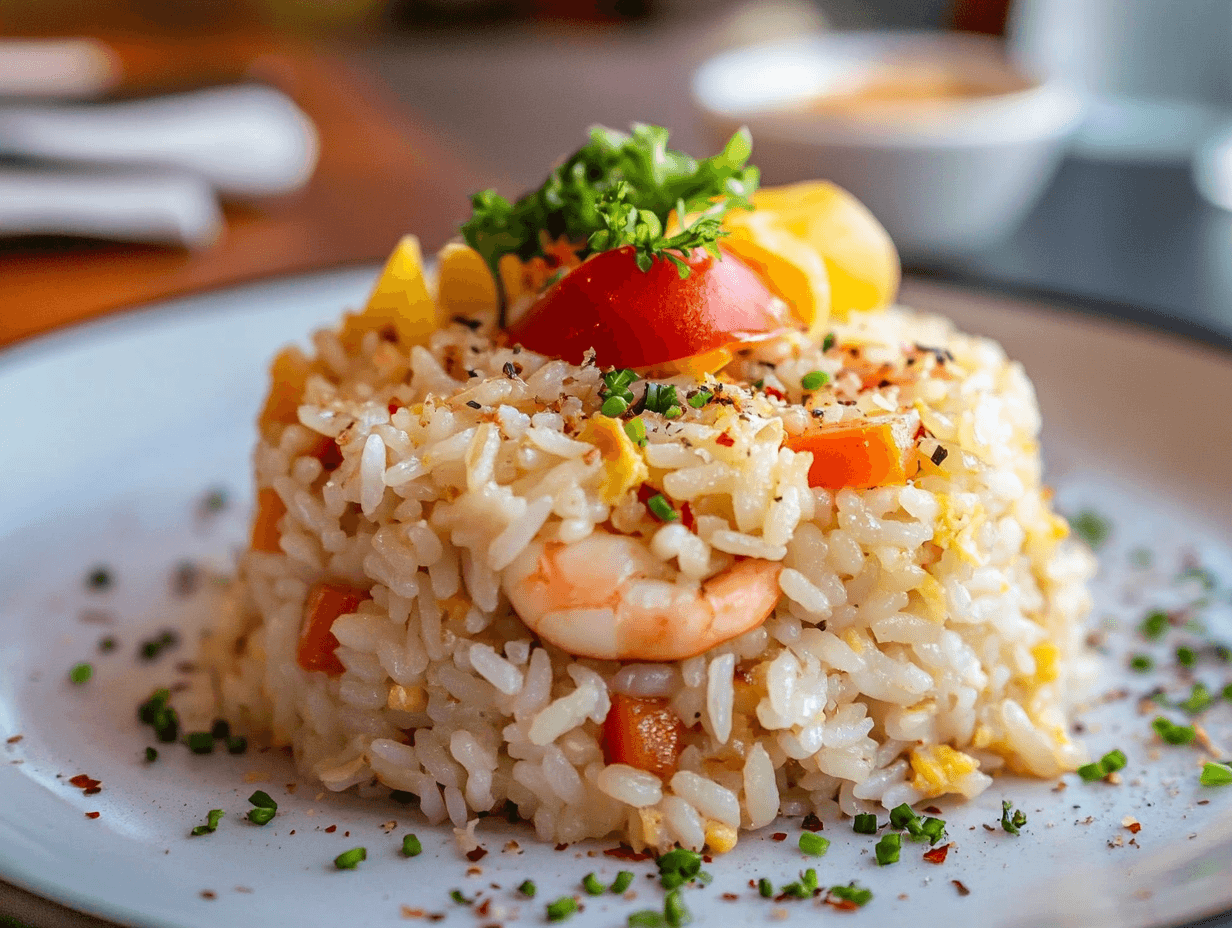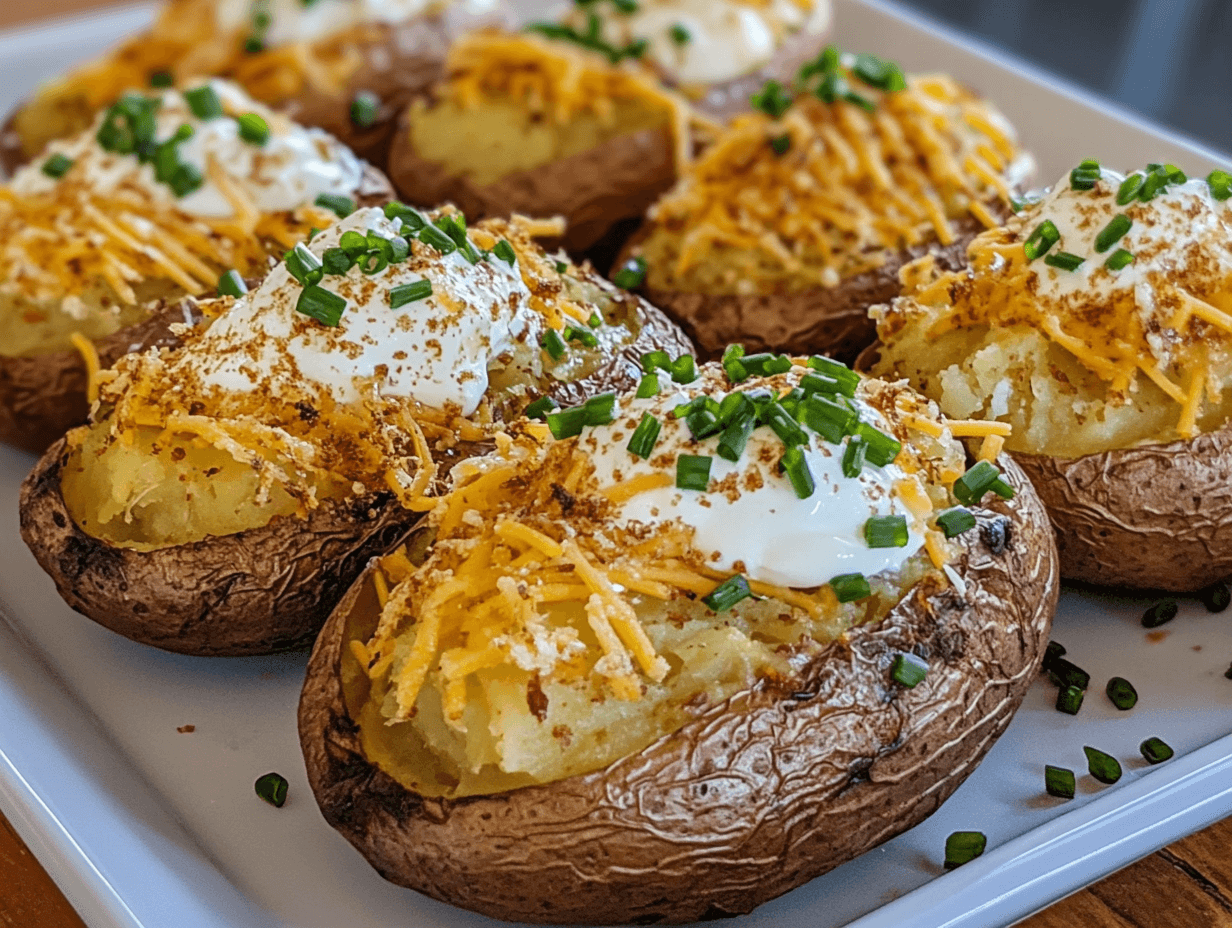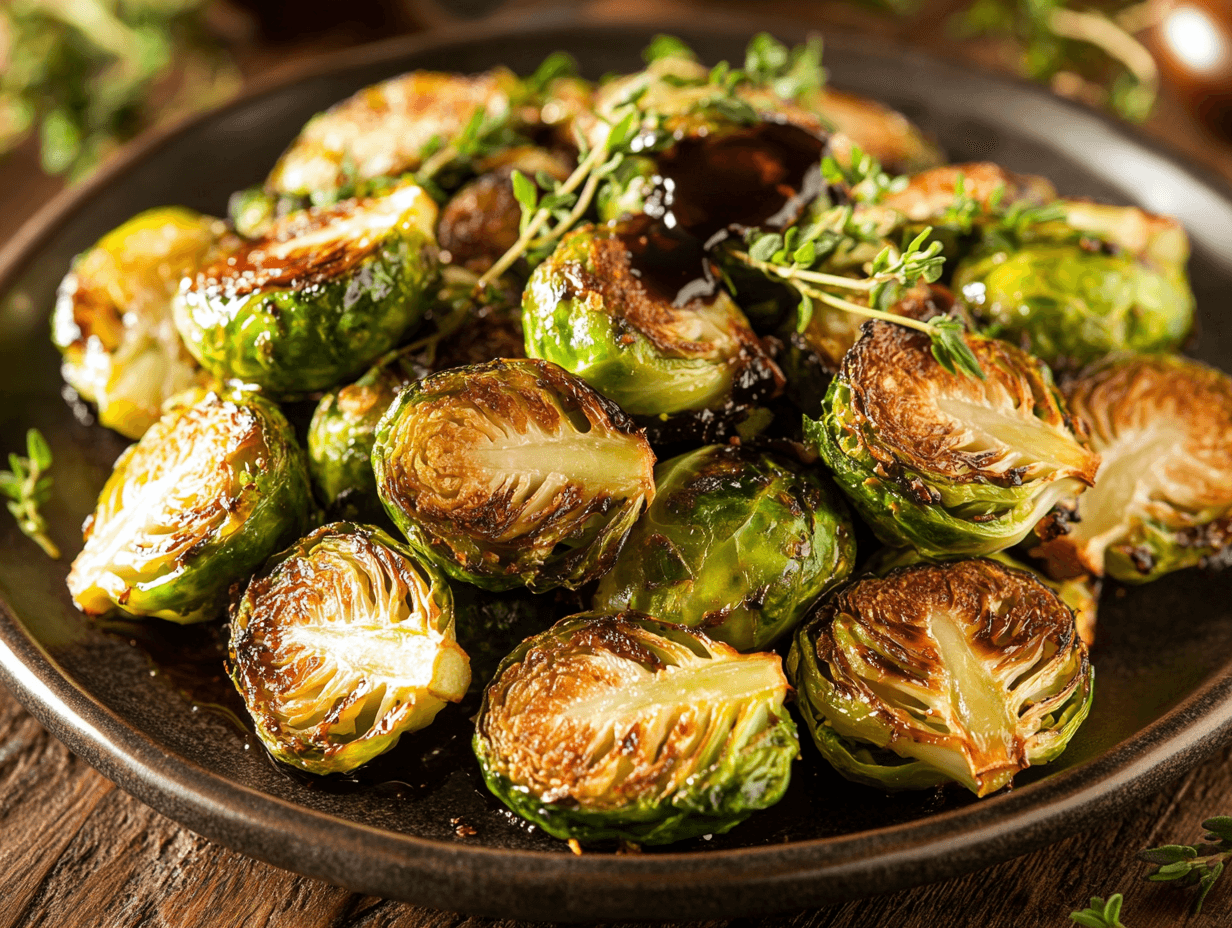What Is the Ideal Time to Boil a Hard-Boiled Egg?
Boiling a hard-boiled egg might seem like a simple task, but the exact cooking time is crucial to achieving the perfect texture. Generally, the ideal time to boil a hard-boiled egg is between 9 and 12 minutes. This time allows the yolk to be fully cooked and firm, without losing its vibrant yellow color. If you prefer a slightly softer yolk, you can boil the eggs for 9 minutes; if you want a fully firm yolk, then 12 minutes is the appropriate time. It’s important to start counting the time once the water is at a full boil.
When boiling eggs, it is recommended to use a pot large enough for the eggs to move freely in the water without bumping into each other. Additionally, using a spoon to lower the eggs into the boiling water can help prevent them from cracking. Once the cooking time is complete, it’s essential to transfer the eggs to a bowl of cold water or ice, which stops the cooking process and makes peeling easier.

Differences Between Boiling Hard-Boiled Eggs and Soft-Boiled Eggs
Although boiling eggs may seem like a simple process, the difference between a hard-boiled egg and a soft-boiled egg lies in the cooking time and the desired texture.
| Type of Egg | Cooking Time | Egg White Texture | Egg Yolk Texture | Common Uses |
|---|---|---|---|---|
| Hard-Boiled Egg | 9 to 12 minutes | Fully cooked | Firm and fully cooked | Salads, snacks, deviled eggs |
| Soft-Boiled Egg | 4 to 6 minutes | Cooked | Liquid or semi-liquid | Dipping bread, ramen topping, breakfasts |

Tips for Easily Peeling Hard-Boiled Eggs After Boiling
Peeling hard-boiled eggs can be a frustrating task if the proper techniques aren’t used. Fortunately, there are several methods to make the process easier and ensure the eggs peel smoothly:
- One of the most effective tricks is to submerge the eggs in cold water immediately after boiling. This thermal shock helps the shell separate more easily from the egg white.
- Another useful tip is to add a bit of vinegar or baking soda to the boiling water. These ingredients alter the water’s pH, which helps the shell peel off more easily once the eggs are cooked.
- Gently cracking the shell and rolling the egg on a hard surface before peeling can also make the process easier by allowing air to get between the shell and the egg white.

Does the Size of the Egg Affect the Cooking Time?
The size of the egg plays an important role in the time needed to boil it. Generally, larger eggs, like jumbo ones, require a longer cooking time compared to medium or small eggs. For example, while a medium egg might be ready in 9 minutes for a hard-boiled egg, a jumbo egg might need 11 to 12 minutes to reach the same texture.
It’s important to adjust the cooking time according to the size of the egg to ensure that both the yolk and the white reach the desired consistency. If you’re cooking eggs of different sizes in the same pot, it’s advisable to remove the smaller ones first and leave the larger ones for an additional few minutes to avoid uneven cooking.

Techniques to Prevent Eggs from Cracking While Boiling
Boiling eggs without cracking them is a common challenge, but with the right techniques, it’s possible to prevent the shells from breaking during cooking. Here are some effective methods:
- Add salt to the boiling water: Adding a tablespoon of salt to the water before boiling the eggs can strengthen the shells and reduce the likelihood of cracking.
- Use a spoon to lower the eggs: Instead of dropping the eggs directly into the boiling water, use a spoon to lower them slowly into the water. This reduces impact and prevents the shells from cracking.
- Avoid excessive boiling: Maintaining a gentle simmer instead of a vigorous boil minimizes the movement of the eggs in the pot, decreasing the risk of them bumping into each other and cracking.

How to Boil Eggs in the Microwave: Times and Techniques
Boiling eggs in the microwave can be a convenient option when you don’t have access to a stove, but it requires some adjustments to avoid the eggs exploding due to internal pressure. Here’s a safe and effective technique:
- Preparation: Place the egg in a microwave-safe bowl and completely cover it with water. Add a pinch of salt to prevent explosions.
- Cooking time: Microwave the egg at medium power for 3 minutes for a soft-boiled egg, and around 5-7 minutes for a hard-boiled egg. Cooking times may vary depending on the power of your microwave.
- Cooling: Once the cooking is complete, carefully remove the bowl and place the egg in a bowl of cold water to stop the cooking process and make peeling easier.
It’s important to remember that every microwave is different, so it’s advisable to experiment with times and power settings to achieve the desired result without risk of accidents.

Conclusion
Boiling eggs might seem like a simple task, but mastering the right times and techniques will allow you to achieve perfect results every time. From knowing how long to cook a hard-boiled egg to easily peeling it, these strategies will help you avoid common mistakes and enjoy perfectly cooked eggs. Whether you boil them on the stove or in the microwave, knowing these tips will make preparing eggs a quick and hassle-free task.

